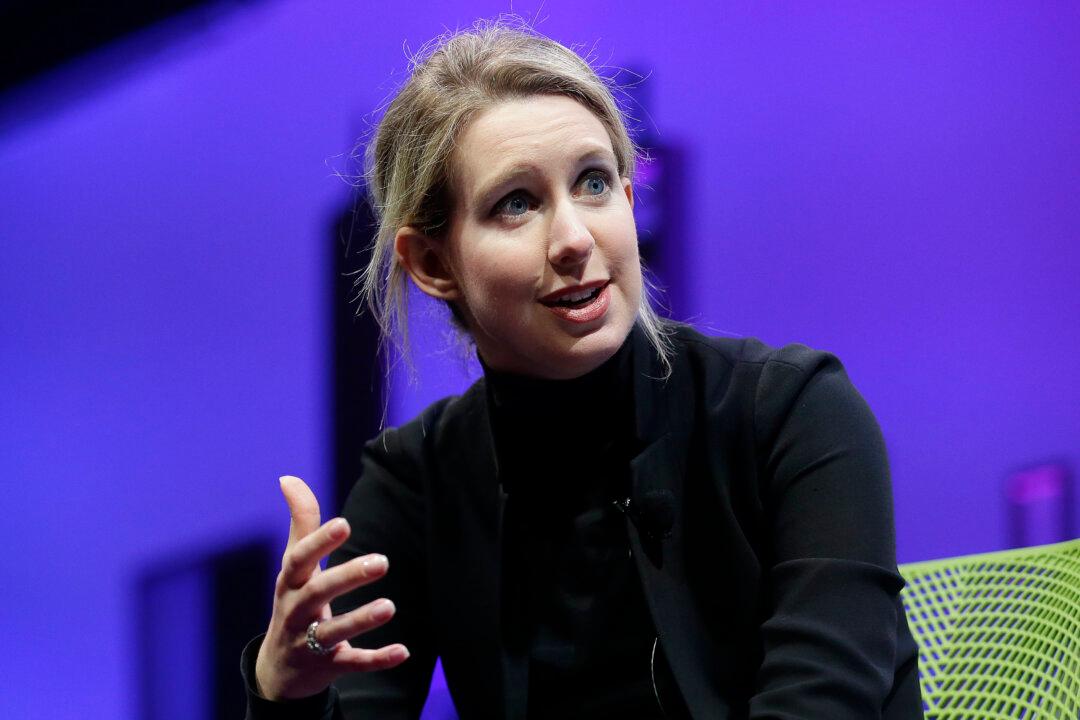Just 2 years ago, Elizabeth Holmes was ranked among the wealthiest women in the world on the Forbes billionaire list. Now, the publication has reconsidered—and decided she’s worth nothing.
How did this happen?
It was like a dream come true. A girl who was afraid of needles and wanted to change the world found a way to perform blood tests with only a few drops of blood from a finger prick.
Hundreds of millions worth of investment poured into her company—Theranos—and her 50 percent stake was suddenly valued at $4.5 billion.
Elizabeth Holmes was 30 at the time. It was 2014.
The problems started in October a year later. After The Wall Street Journal ran an investigative piece calling the company’s groundbreaking method into question, the Food and Drug Administration stated Theranos’s technology was only approved for a single test—for herpes. The company had to perform all other tests the old-fashioned way, by drawing blood from a vein.
Holmes promised data showing her tests were reliable and accurate, yet 7 months later, she was yet to deliver.





